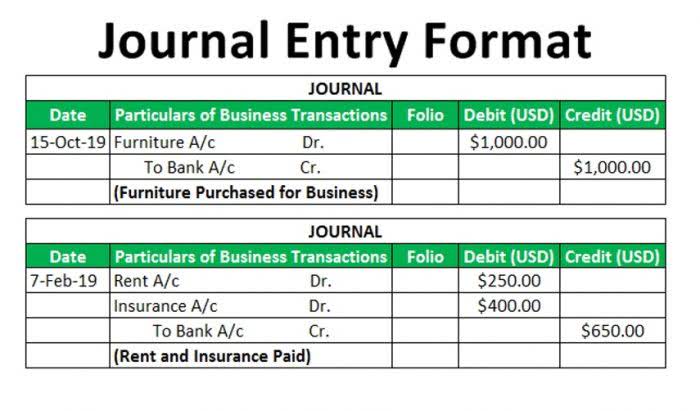Medical Practice Accounting 101: Understanding Your Financial Statements

Reliable systems ensure accurate categorization of every transaction, from recurring vendor payments to insurance deposits that need to be split across multiple dates of service. Billing systems, payer contracts, and coding updates all influence how income is recorded and when it arrives. When financial responsibilities are handled in-house by someone unfamiliar Mental Health Billing with medical workflows, important patterns may be missed.
- Health care businesses and medical practices might struggle to keep up with the constant changes in regulations, rules, and laws that govern the industry.
- To successfully keep up with all monthly expenditures and profits, you need to keep accurate, detailed, and organized records of every business transaction.
- Mistakes in medical coding and inaccuracies in Medicare/Medicaid billing are frequent issues.
- Outsourced firms that specialize in healthcare bookkeeping understand the nuances of medical billing, insurance, and compliance, providing peace of mind and freeing up your internal team.
- In the healthcare world, following rules and guidelines is key.
- They know that disconnected systems lead to errors, duplicate data entry, and staff frustration.
What to Look for in a Healthcare-Focused Bookkeeper

By being proactive and having a solid financial base, you can focus on patient care while ensuring your practice’s success. Maintaining compliance with healthcare regulations is a vital part bookkeeping for doctors office of medical practice bookkeeping. Adhere strictly to insurance billing and reimbursement protocols to maximize revenue and avoid penalties. In your medical practice, ensure HIPAA compliance is observed when handling patient payment information, especially if sharing data with third parties. Staying updated with the latest regulatory changes is essential to avoid violations in your medical practice bookkeeping. To optimize revenue cycle management within your medical practice, employ medical billing software.
- Make sure you have a separate business bank account and business credit card for the practice, and keep all business and personal expenses separate.
- Culprits could be data entry errors, missed payments, or even fraudulent charges.
- I love that I can hand things over and trust they’ll be handled right.
- We manage all aspects of accounts payable, including vendor payments, tracking office supplies, equipment expenses, and any recurring costs related to running a medical practice.
Keyboard shortcuts

Proper bookkeeping ensures each claim aligns with insurer requirements. Monthly, quarterly, and annual reviews keep your practice accountable. You might miss shifts in your revenue, subtle cost overruns, or trends affecting your bottom line. A thorough review covers all income streams, expense accounts, and outstanding liabilities. This is the time to verify each transaction is categorized correctly. Regularly reviewing financial statements can fix minor issues before they become significant setbacks.
Ignoring Regular Financial Reviews

In the healthcare sector, shareholder equity is the sum of money invested by the shareholder in return for the dividend. Other components of the equity include retained earnings of the previous year. Working with the team has been a great experience—they’re friendly, organized, and really help reduce my stress by taking bookkeeping off my plate.
How to Streamline Payroll Operations in Healthcare Facilities?

Additionally, health care organizations must maintain accurate recordkeeping to comply with regulatory requirements. Proper documentation of patient information enables providers to monitor payments and medical treatments while keeping patient info private. Cash basis accounting works well for small practices with simple transactions. Accrual basis accounting is better for bigger practices with complex finances. Medical practice management books are great for keeping an eye on http://csinifi.idealuze.com/2022/05/26/american-institute-of-certified-public-accountants/ the pulse of your business’ financial health.
